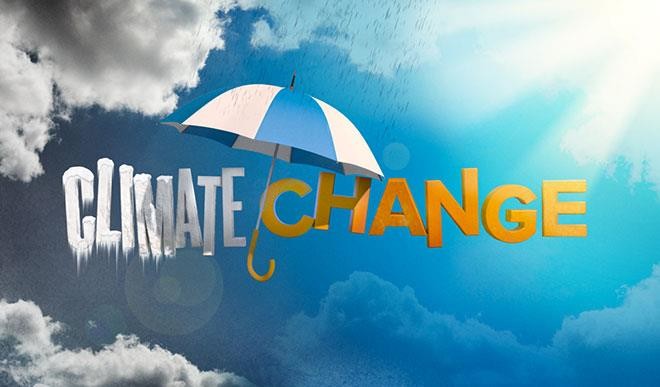How individuals can help fight climate change in 2017
Year 2016 wrapped up with signed protocols and declaration to fight climate change globally. For Nigeria, lots still need to be done by the government, private sector, stakeholders and individuals in implementing the declarations. In spite of all efforts taken by government through its various environmental agencies to fight the menace of climate change, however […]


Year 2016 wrapped up with signed protocols and declaration to fight climate change globally. For Nigeria, lots still need to be done by the government, private sector, stakeholders and individuals in implementing the declarations.
In spite of all efforts taken by government through its various environmental agencies to fight the menace of climate change, however it seems there is little or no action taken to involve Nigerians in the fight.
The role of individuals is important as it can help focus on what can be done to create momentum for collective action on climate change, experts say.
Climate change is a lasting change in global weather patterns caused by increased levels of atmospheric greenhouse gases (GHGs), especially carbon dioxide (CO2) produced from fossil fuels (oil, coal and natural gas), agriculture as well as land clearing.
According to the Executive Director of Conservative Environmental Growth and Development Centre (CEGDEC), Maryam Olayeni, humanity is currently faced with environmental threats attributed to global warming and climate change, as a result of past and present actions.
Olayeni said there is need for individuals to understand the consequences of their actions on the environment; what they can do to keep the environment safe, and more importantly determine the value they place on the environment.
“Collectively, if everyone, be it individual, industrial or corporate bodies, minds what goes into the environment, with adequate management authority, there would not be raised concerns on the global platform,” she said.
There is still opportunity, according to her, to save the situation by taking drastic actions collectively, saying, identifying our roles in this call is tantamount to our actions.
While commenting on how individuals can contribute to addressing the menace, she maintained that families and communities should value hygiene and sanitation as a necessity to a serene environment.
The National President of Environmental Management Association of Nigeria (EMAN), Arch. Emmanuel Ating, said the individual could also fight against climate change by complementing what government has done.
He said individuals need to reduce the amount of emission they contribute to the atmosphere, noting, for example that, “If you own a car, you should make sure that your car is in good condition and functioning very well and help reduce exhaust fume.
“Individuals who are knowledgeable on the facts should give a closer education to sensitize their neighbours by way of advocacy on the dos and don’ts of climate change and the style of life that will help them on the use of forest, because education is key.”
He maintained that for those working in government, it is necessary they do those things that are supposed to be done in that area to motivate individuals to do so too. While experts emphasize the importance of individual actions, they highlighted some actions necessary for individuals to take to aid in the fight against climate change including awareness campaign. Individuals need to talk to friends and peers to know more about climate change and to start a grassroots support. It is necessary they have fair knowledge of issues of climate change and their impacts as well as having a compelling evidence to help in finding solutions to the problem.
Also, there is need to support actions on ground pioneered by the local government, state and federal governments on climate change. However, in supporting such actions individuals can volunteer to assist in whatever capacity they can in the campaign to sensitize people on climate change.
It is also important that they advocate for federal action, request support for making communities’ climate resilient. Advocate for federal research and development targeted to climate change solutions, and for programmes to support workers and communities that may be negatively affected by a transition away from fossil fuels.
